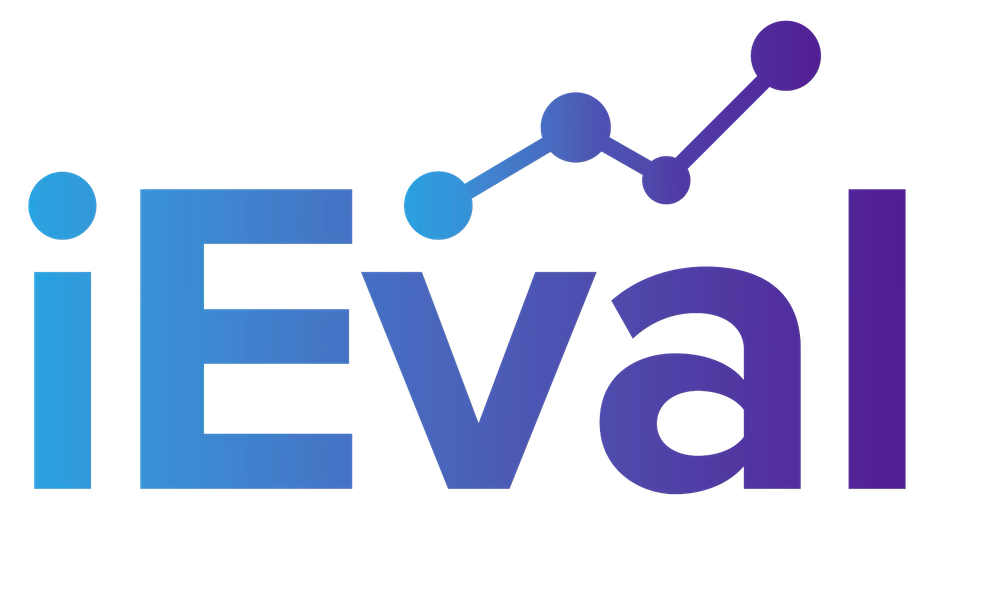This week continues a four-part series where each of us is going to take a turn to talk about our own specific evaluation qualifications and how we believe those qualifications have helped us provide a focus on use for our clients. We all bring various backgrounds and strengths to the table. My background is in education, first as high school English teacher and administrator for gifted education programs, and then after graduate school, in a large policy focused research and evaluation firm in Washington, DC. I also led a team in Chicago to develop and implement a legislative campaign for afterschool program funding and reform. My path to working as an evaluation consultant has not been straightforward—a little more bumper car than race car.
Through my work as an evaluator I interact with stakeholders, in particular teachers, who often ask me…so how DID you go from being a teacher to doing what you do? To a teacher (and I understand this) there seems to be something appealing about a job with flexibility and travel. What they don’t see is me waking up at 4 am to make it across the state for an 8 am meeting or me eating carrots at 5 am for breakfast since that was the quickest thing to grab. So, when people ask me What qualifications do you need to be an evaluator? – I would say the number one thing is credibility. In my experience, credibility is gained through 1) critical thinking, 2) context knowledge and understanding, and 3) interpersonal skills.
Critical thinking. As an evaluator, there are hard skills needed to conduct the day-to-day work—including quantitative and qualitative data analysis, report-writing, meeting facilitation, instrument creations, etc. However, above all else, is an ability to look critically from a big picture level while working smartly in the weeds. It is critical, for example, as you discover a finding, to understand the implications to the broader project goal, the community’s challenges, and the soldiers on the ground implementing the work. There is a constant need to step back from the “doing” part of analysis and ask yourself: What is really going on here? Does this finding make sense given the various components? Is it the right time to share this finding or does more information need to be examined first?
Context. I remember sitting in my first graduate school course (a policy course) and being so grateful that I had just been in the classroom as a teacher so I could put meat on the bones of the information I was learning. It was essential that I had an understanding of the education field from a teacher’s perspective as we discussed proposed changes to education policies that would ultimately impact teachers and students. As I walk into classrooms regularly to collect data, it also puts teachers at ease to know that I was a teacher. I am not just a scary evaluator that won’t understand why student A, B and C won’t listen or why the lesson plan had to be adjusted mid-course to accommodate for students that don’t understand. Experience as a teacher gives me “street cred” when I go into schools and context as I conduct analyses.
Interpersonal skills. I’ve written about this in previous blogs: being personable is one of the most important skills to an evaluator that is interfacing with clients and other stakeholders. If you are uncomfortable in social situations, that is fine, but then stay behind the computer and let other associates do the meetings and data gathering. When I worked as a campaign manager in Chicago, I had to go to many elite social gatherings that made me sweat. I was uncomfortable and felt out of my league. However, these challenging situations have made me strong as steel when talking to others—there are few people that I feel the need to shy away from. Pushing myself to be confident when talking to everyone has been invaluable to me professionally.
KELLEY’S USEFUL TIP: If you are looking to make a professional shift, think about what skills you have developed and how they might lend themselves to other fields. Don’t be “stuck” doing something that doesn’t feel right—take your gifts and use them in a different way.

